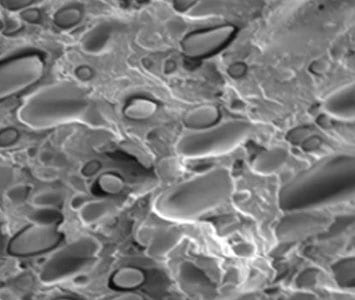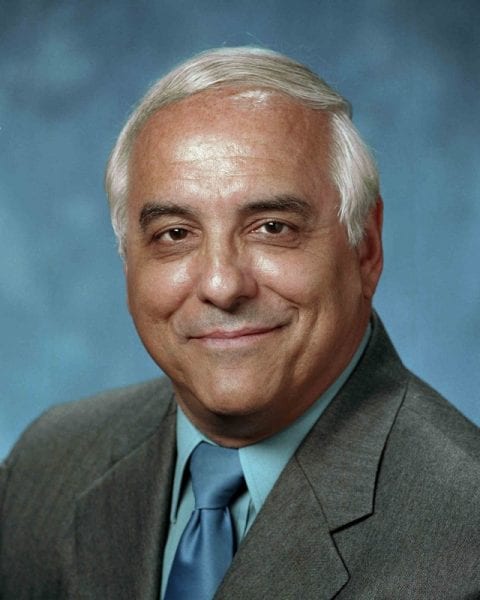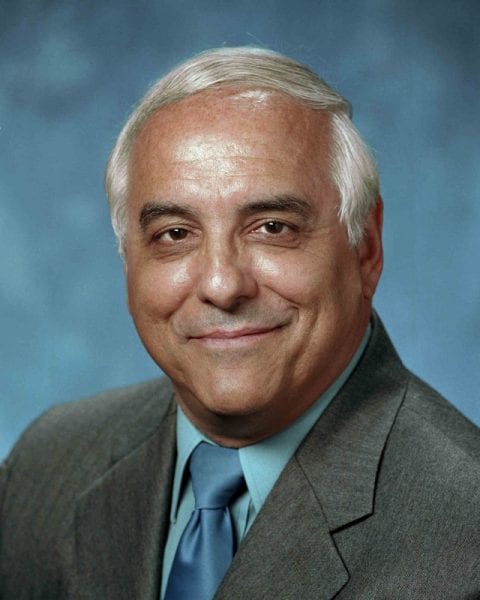Mass production of polymer-nanotube composite fibers using FibeRio forcespinning technology for cheap and strong carbon fibers.


Mass production of polymer-nanotube composite fibers using FibeRio forcespinning technology for cheap and strong carbon fibers.

Transgenic soybean crops can find less controversial use to help with plastics manufacturing.

Bioplastics have often poor mechanical properties. Adding a small amount of traditional petroleum plastics solves the problem.

What materials discoveries had an impact on business the past 10 years? How will we do materials science startups in the future? Jeff Carbeck explains.

We chat to Ben Wang, founder of Svaya Nanotechnologies, about turning research into companies and the differences between Silicon Valley and academia.

Rigoberto Advincula wins polymer prize for his work in synthesis, polymer brushes, nanostructured surfaces and smart coatings.

Scientist-entrepreneur Prof. Elisseeff from Johns Hopkins University on her latest biomedical materials venture Aegeria and translating research to business.

In the second part of our interview, Orlando Auciello talks about the challenges inherent in transitioning from academia to business.

The first part of our talk with Orlando Auciellot on ultrananocrystalline diamond, his startup company ADT, and treating retina detachment using UNCD.

Joseph DeSimone talks to us about materials science startups and how liberal arts eduction shapes an entrepreneur.